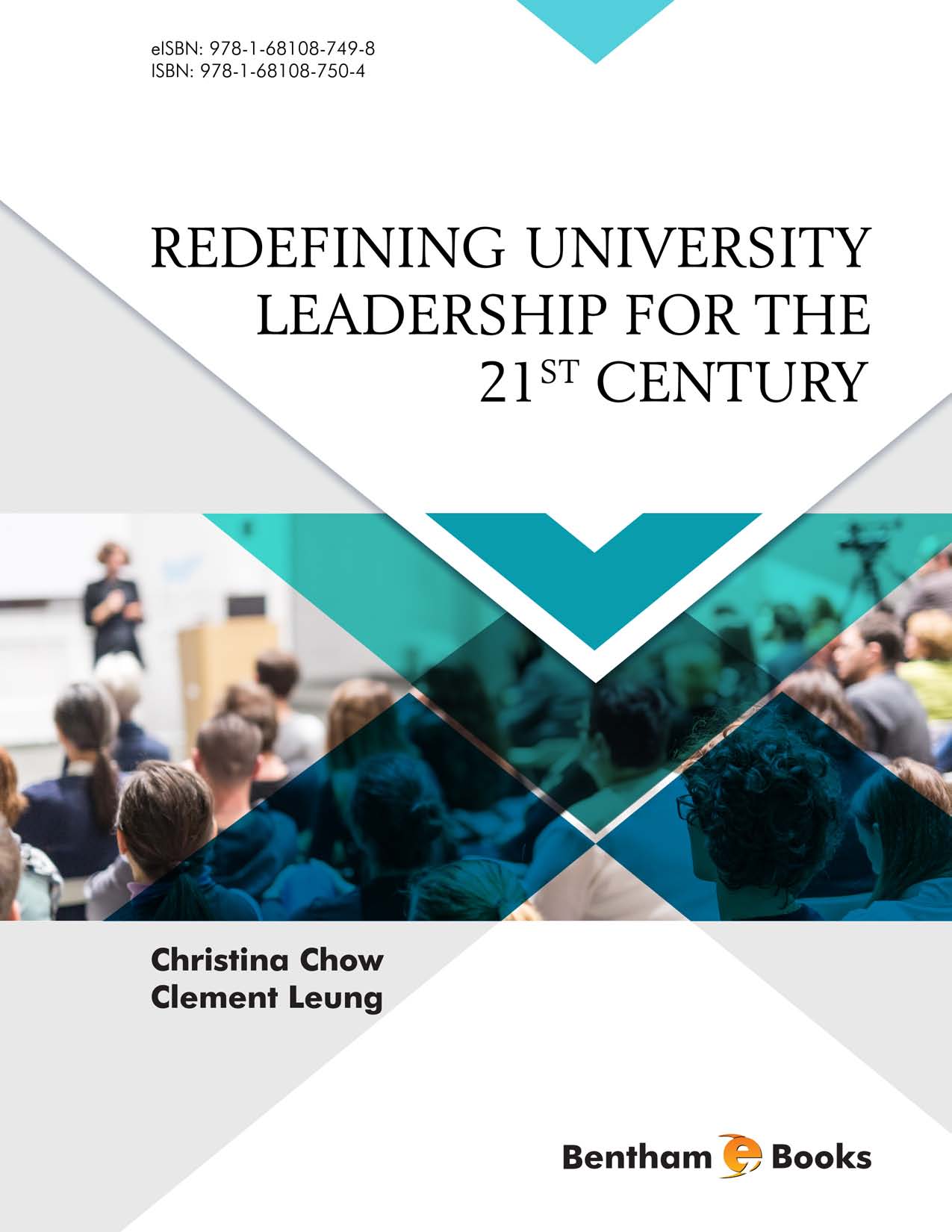Introduction
In a constantly changing economic environment, higher education institutions need to adapt in order to be relevant to their stakeholders and the society. The unpredictable landscape also demands a fresh approach as university presidents are increasingly subject to high resolution and three-dimensional scrutiny. Instead of relying on last century’s old management mindset, university leaders must build institutions that are agile and flexible, which can continuously learn to adapt to the changing environment. Redefining University Leadership for the 21st Century is a treatise on the challenges universities face in current times. Readers will understand, in three parts, the heart of what makes a great university.
The initial part of the book covers the market failures and the management practices that have led to the erosion of confidence in universities among stakeholders. The authors examine the consequences of market failures caused by the marketization of higher education: an oversupply of graduates, student dissatisfaction, mismatch between qualifications and needed skills, student disillusionment, and the diminishing return on investments by students and their families.
Next, authors offer concrete advice on how universities can future-proof university graduates in this fast-changing world of the fourth industrial revolution and artificial intelligence. The authors also provide valuable strategies to help university leaders to lead effectively in this uncertain world with a concluding case study on the University of Hong Kong.
With its clear, logical and concise presentation, Redefining University Leadership for the 21st Century is a must-read for anyone who leads, works or studies in a university, or is interested in current trends in the higher education sector.

